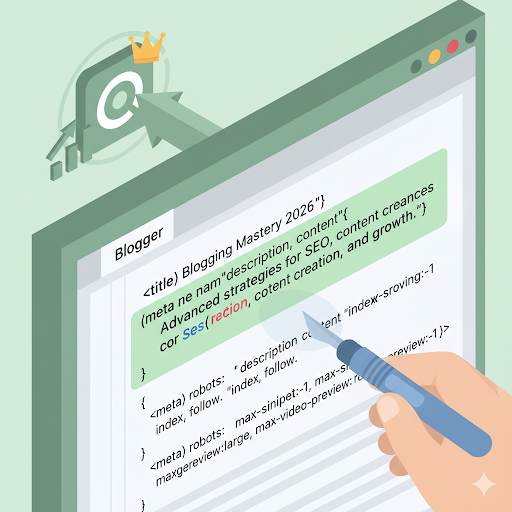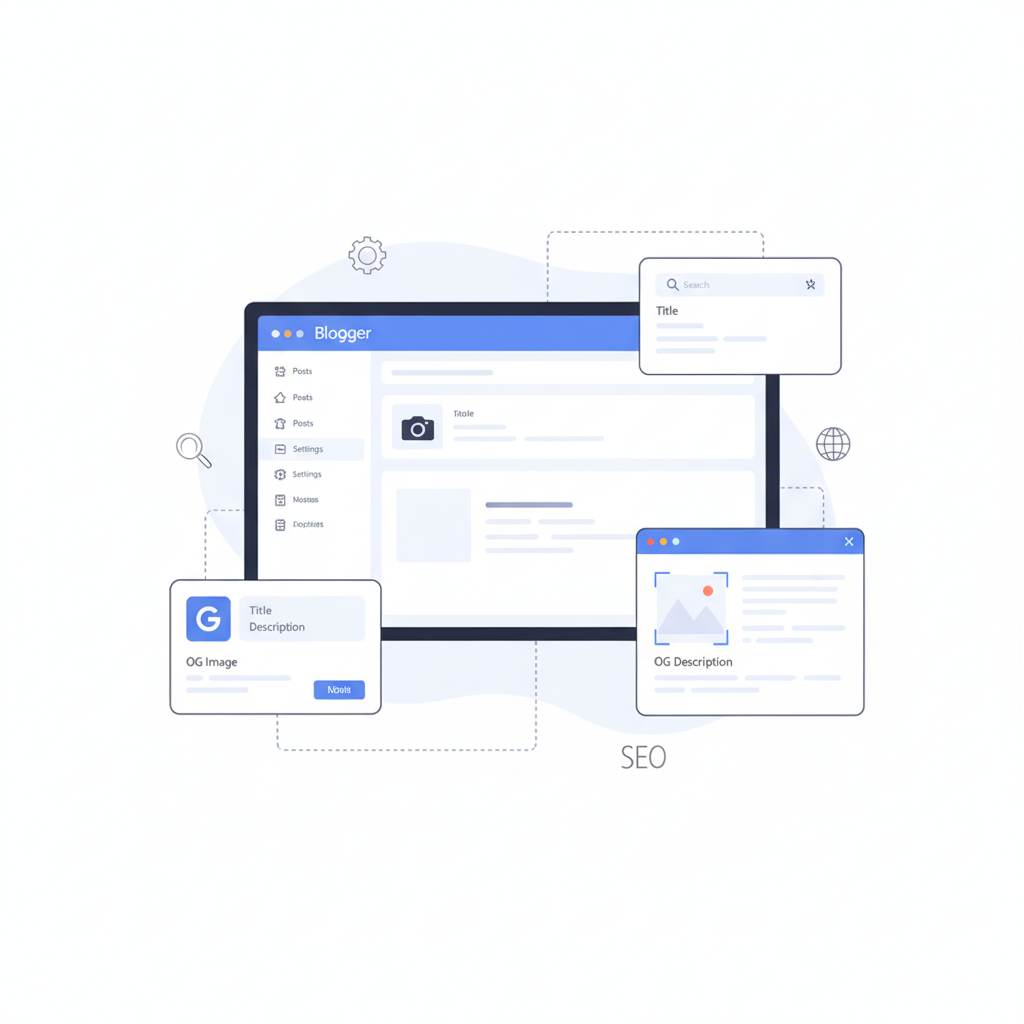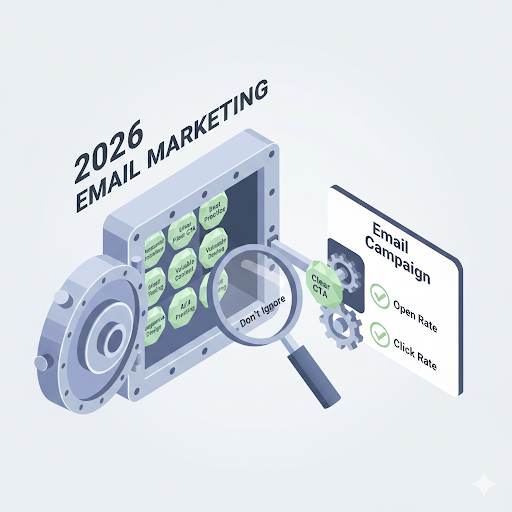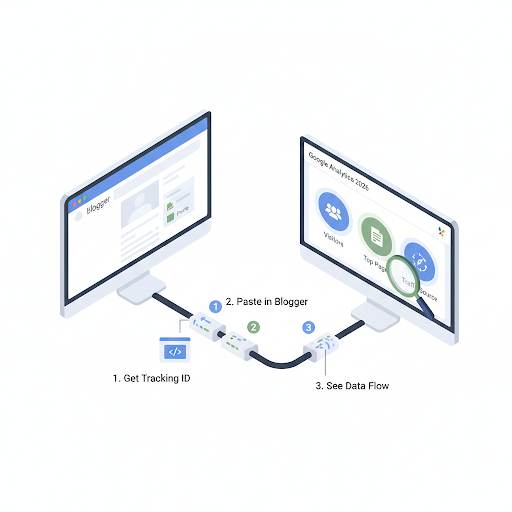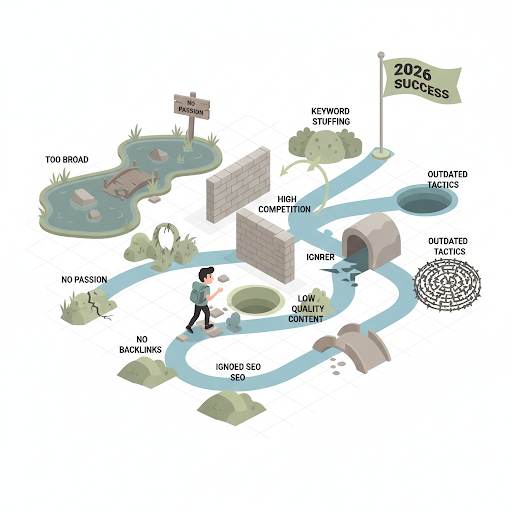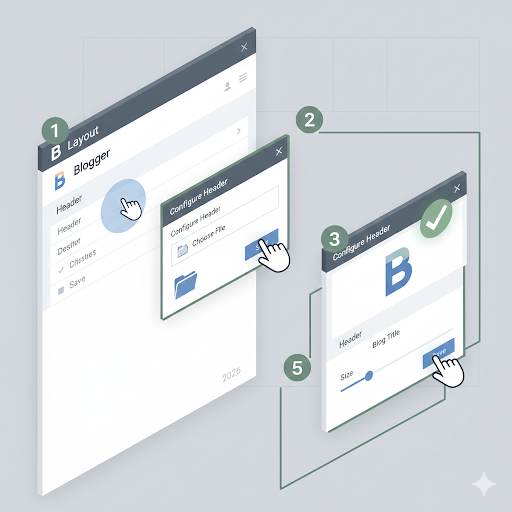If you’ve already mastered the basics of meta tags and implemented them on your Blogger site, you’re ahead of many.
But in 2026, surface-level optimization is no longer enough.
Google’s algorithm, user behavior, and social platforms have all evolved — and so should your approach to meta tags for Blogger.
In this guide, we’ll go beyond the beginner’s checklist and dive deep into advanced meta tag strategies tailored specifically for Blogger users.
This isn’t about just adding titles and descriptions — it’s about engineering metadata that drives real clicks, social visibility, and SEO results.
🧬 Why Blogger Users Struggle with Meta Tags

While platforms like WordPress have built-in SEO plugins, Blogger requires manual control.
That means:
- Blogger sometimes auto-generates meta tags that override yours.
- Template structure often hides or duplicates metadata.
- Many don’t know how to access the <head> section to make clean edits.
Understanding these limitations is the first step to taking control of your meta tag strategy.
✨ High-Impact Meta Tags Most Bloggers Ignore
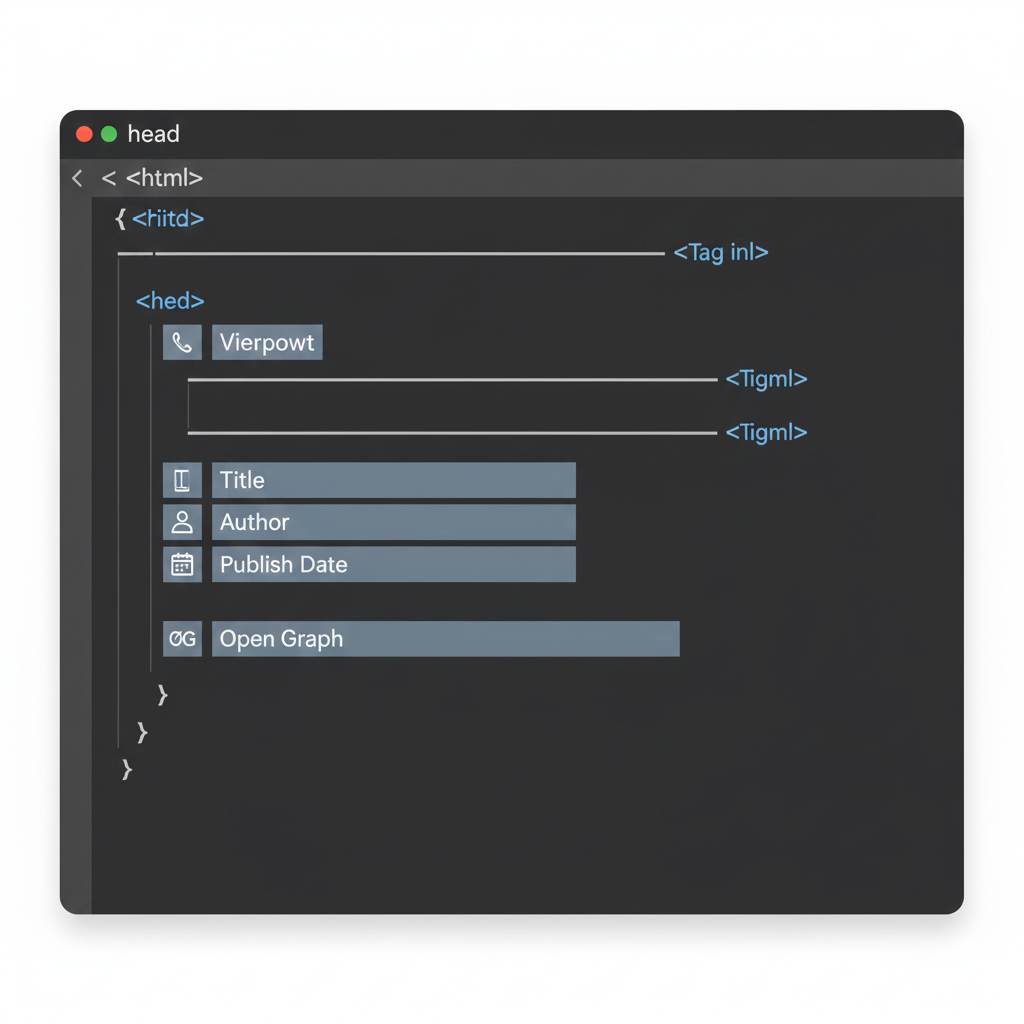
Here are some underutilized but high-performing meta tags you should consider implementing:
1. Conditional Title Formats
<b:if cond=’data:blog.pageType == “index”‘>
<title>Your Blog Name – Insights & SEO Tips</title>
<b:else/>
<title><data:blog.pageName/> | Your Blog Name</title>
</b:if>
This ensures your homepage and internal pages have dynamic, optimized titles.
2. Meta Viewport for Mobile SEO
<meta name=”viewport” content=”width=device-width, initial-scale=1″>
Essential for mobile-first indexing and page speed experience.
3. Open Graph Fallbacks for Blog Posts:
If an OG tag is missing an image or title, the social preview will look broken.
4. Always provide fallbacks:
<meta property=”og:image” content=”https://yourblog.com/default-image.jpg” />
5. Author and Publish Date Tags:
Help Google understand freshness and authorship.
<meta name=”author” content=”Your Name”>
<meta name=”publish_date” content=”2025-06-15″>
🧪 Use AI to Write Smarter Meta Tags
Instead of writing meta tags manually for each post, use prompts with AI tools like ChatGPT:
Prompt Example:
“Write a 60-character meta title and 155-character meta description for a blog post about [topic], optimized for SEO and CTR.”
Refine the output using:
- Curiosity loops (“You’ll never guess what…”)
🔍 Psychological Tactics to Boost Clicks
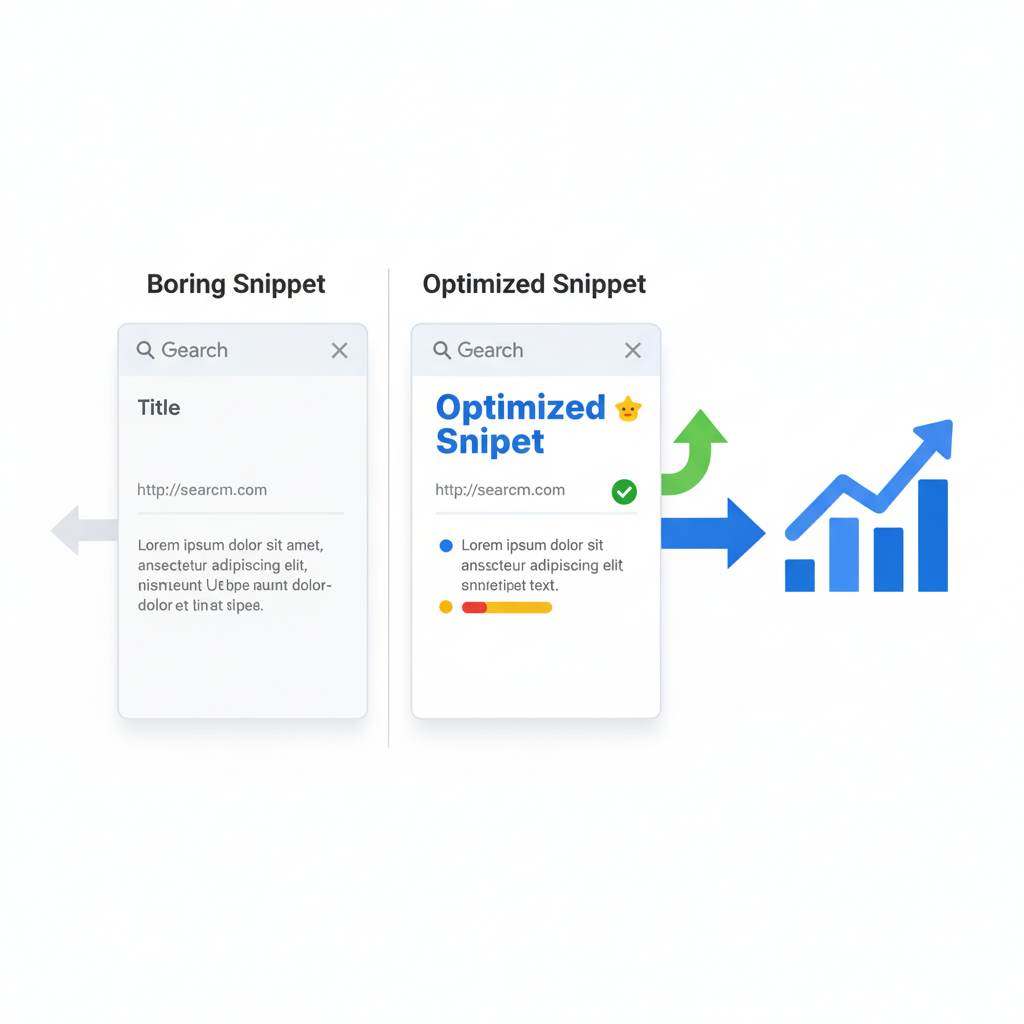
Meta tags aren’t just technical.
They’re marketing copy.
What to include:
- Value (“Learn, Discover, Improve”)
- Time-sensitive language (“In 2025”)
- Numbers or lists (“Top 7 Ways…”)
Examples:
Bad: “Meta Tags for Blogger Post | SEO | Blog Meta Info”
Good: “Meta Tags for Blogger: 7 Expert SEO Tactics for 2025”
🔢 Tools to Validate Your Meta Tags
- SEO Minion (Chrome extension): Analyze live metadata
Use these tools after updating tags to ensure nothing’s broken.
⚠️ Advanced Mistakes Bloggers Make
Even experienced users fall into these traps:
- Editing layout instead of theme HTML (tags won’t work)
- Duplicated titles in homepage and post pages
- Forgetting fallback images for OG/Twitter tags
- Not updating old posts’ meta tags for current search trends
- Stuffing the same keyword in every tag (Google flags this)
✅ Final Thoughts: Control Your Metadata, Control Your Visibility
Blogger may be simple, but that doesn’t mean your SEO strategy has to be basic.
Meta tags in 2026 are about precision, user intent, and technical control.
Start treating meta tags as strategic assets, not checkboxes.
Your titles, descriptions, and social tags are your first impression — and in search, first impressions are everything.
Optimize them like your success depends on it.
Because it does.
